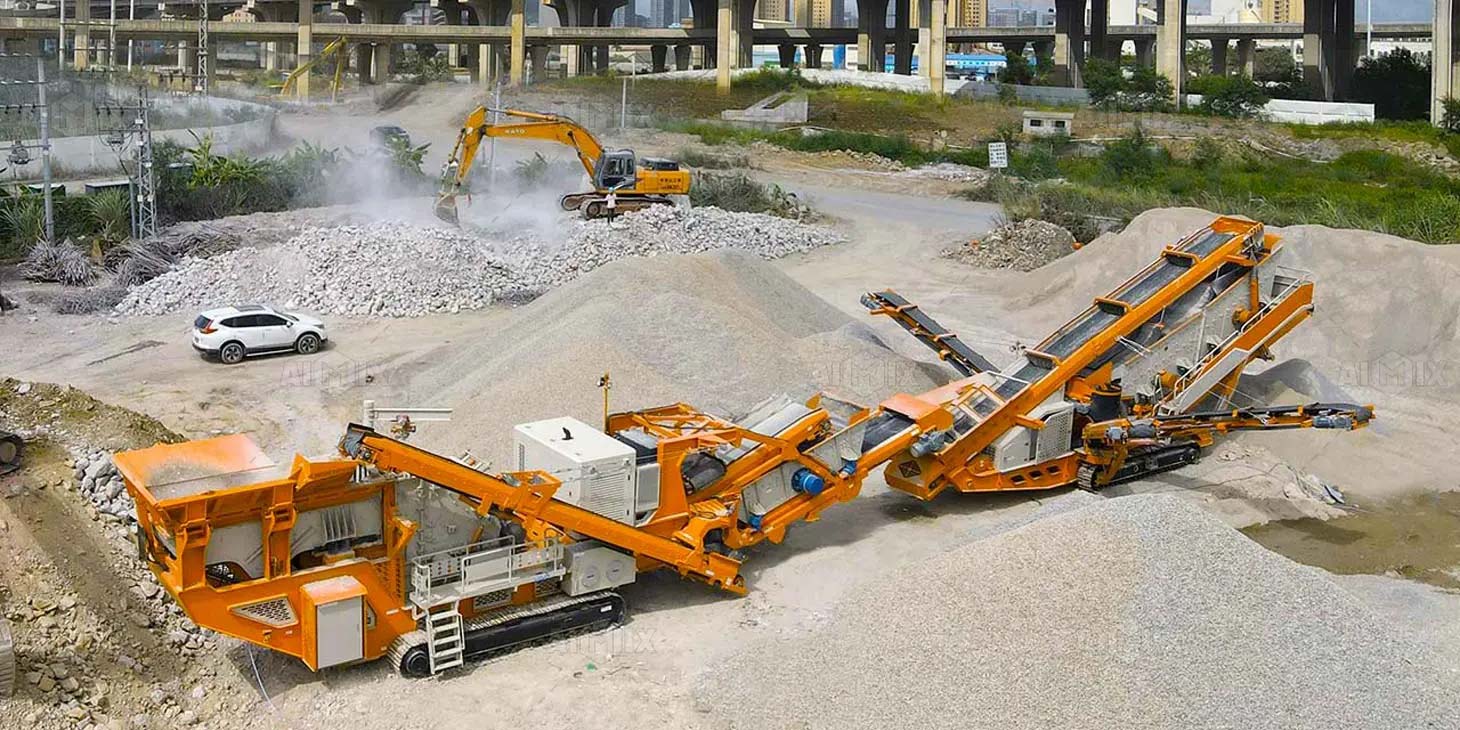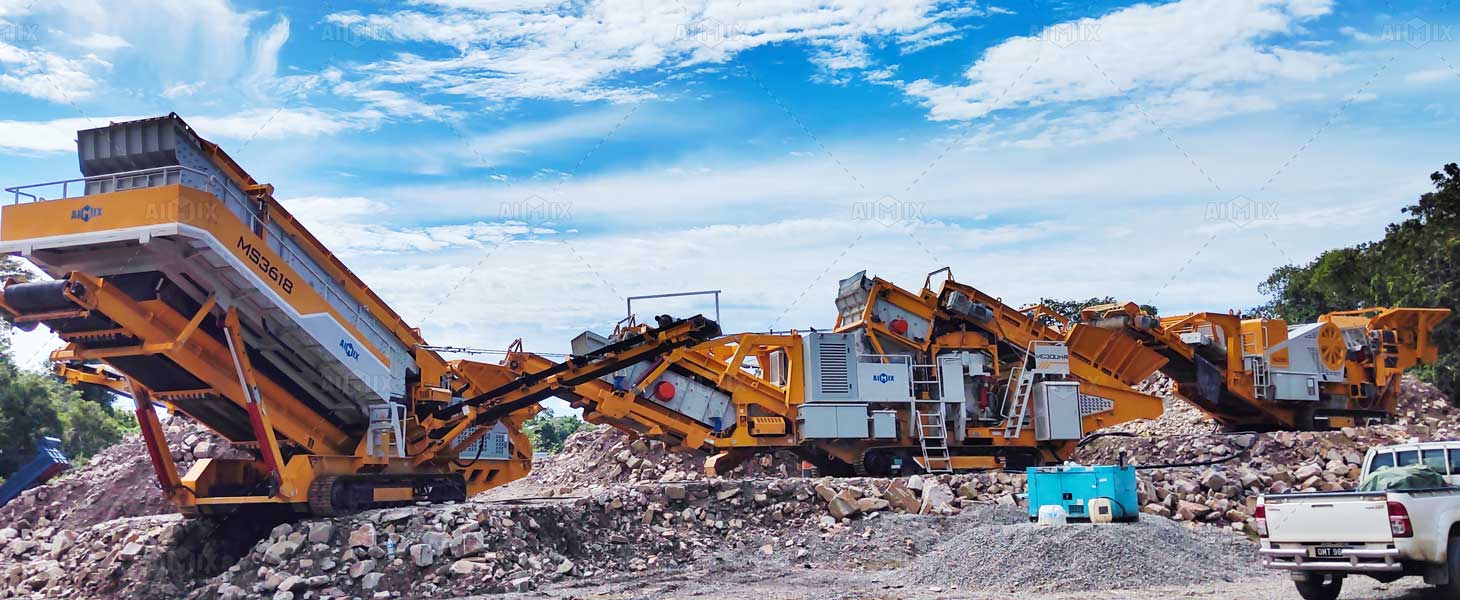The construction industry generates staggering volumes of waste material, presenting both an environmental challenge and a remarkable opportunity for resource recovery. Traditional approaches to construction waste often involved hauling debris to landfills, a practice increasingly viewed as economically and ecologically unsustainable. Mobile track crusher plants have emerged as a transformative solution, bringing recycling capabilities directly to the source of waste generation. These self-contained units combine crushing, screening, and conveying systems on a single tracked chassis, creating unprecedented flexibility in waste management operations.
What distinguishes these mobile plants in recycling applications is their profound operational versatility and reduced logistical footprint. Unlike stationary recycling facilities that require transportation of materials to a fixed location, mobile crushers travel to demolition sites, construction projects, and urban renewal areas. This paradigm shift eliminates countless truck journeys, substantially cutting fuel consumption, traffic congestion, and associated emissions. The ability to process materials on-site transforms waste into valuable aggregates exactly where they’re needed most, creating a closed-loop system that benefits both project economics and environmental stewardship.

Unparalleled Mobility and Site Adaptation
Navigating Challenging Terrain
Tracked crushers possess exceptional maneuverability across uneven ground and confined spaces where wheeled equipment would struggle. Their low-ground-pressure tracks distribute weight evenly, preventing sinkage on unstable surfaces commonly found at demolition sites. This capability ensures continuous operation regardless of underfoot conditions.
Rapid Deployment Capabilities
Modern units can be transported between sites without disassembly and operational within hours of arrival. This expeditious setup process allows contractors to address waste management immediately as materials become available, maintaining project timelines while maximizing recycling opportunities.
Operational Efficiency and Economic Benefits
On-Site Material Processing
By processing waste directly at its source, these mobile crusher plants eliminate transportation costs for both incoming waste and outgoing products. The resulting recycled aggregates can be immediately reused on the same project, creating substantial savings on virgin material purchases and landfill fees.

Versatile Output Configurations
Advanced mobile crushers can produce multiple specification products simultaneously through integrated screening systems. Operators can create everything from base course materials to fine aggregates in a single pass, tailoring output to specific project requirements without additional equipment.
Environmental Advantages and Sustainability
Carbon Footprint Reduction
The comprehensive approach to on-site processing dramatically cuts the environmental impact associated with material transportation. Fewer truck movements mean lower fossil fuel consumption, reduced road wear, and diminished noise pollution in surrounding communities.
Resource Conservation
Recycling construction waste into usable aggregates preserves natural resources by reducing the demand for virgin quarry materials. This circular economy approach minimizes habitat disruption and extends the lifespan of existing quarry operations while diverting waste from overcrowded landfills.
Technological Innovations Enhancing Performance
Intelligent Control Systems
Modern concrete crushers feature computerized process optimization that automatically adjusts settings for maximum efficiency and product quality. These systems monitor performance in real-time, making micro-adjustments to maintain optimal production despite variations in feed material.
Dust and Noise Suppression
Integrated water spraying systems and acoustic encapsulation technologies address the environmental concerns of urban recycling operations. These features allow contractors to operate responsibly in noise-sensitive areas while maintaining air quality standards.
Mobile track crusher plants represent more than just convenient machinery—they embody a fundamental shift toward sustainable construction practices. Their ability to transform waste into valuable resources directly at the source addresses multiple challenges simultaneously: reducing environmental impact, improving economic efficiency, and supporting circular economy principles. As construction waste recycling regulations become more stringent and resource scarcity more pressing, these versatile machines will undoubtedly play an increasingly vital role in shaping sustainable development practices worldwide. The future of construction waste management isn’t just about processing materials—it’s about bringing the processing to where the materials already are.
